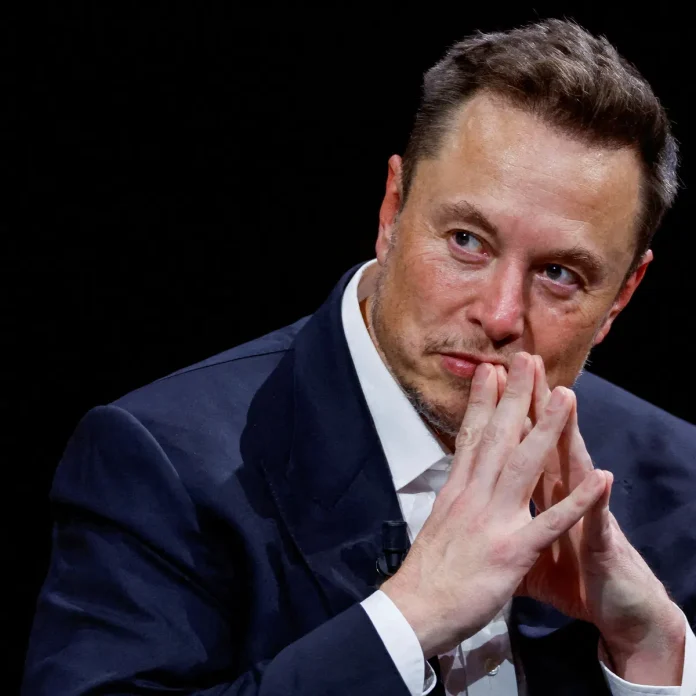Over the weekend, a highly anticipated book arrived in the mail, offering an in-depth exploration of Elon Musk’s life. Authored by Walter Isaacson, this biography marks Isaacson’s return to profiling tech titans, following his comprehensive take on Steve Jobs. Two years of shadowing Musk around the globe resulted in this intriguing account of Musk’s life, offering unique insights into the enigmatic entrepreneur.
Twitter and Musk’s Perspective
One of the book’s key focuses is Musk’s relationship with Twitter, which is of particular interest given Platformer’s extensive coverage of the Twitter saga over the past year. Isaacson’s perspective on Twitter 1.0 aligns closely with Musk’s, portraying it more as an adult day-care center than a tech company. Twitter, during that time, was perceived as a place where coddling was a virtue, according to Isaacson.
Musk’s Complex Character
However, the biography doesn’t shy away from revealing Musk’s imperfections. It portrays Musk as an era-defining genius, shaped by childhood trauma and driven by a visionary zeal to innovate. But it also makes it clear that Musk might not be the most pleasant or tolerable person to work for. Musk’s preference for a scrappy, hard-driven environment is detailed, where team members experience psychological pressure rather than comfort.
Deal Negotiations and Jack Dorsey
The book’s revelations also touch on Musk’s attempts to alter the terms of his deal for Twitter after it was signed. Musk aimed to secure at least a 10% discount on the purchase price, while Twitter considered offers that would have resulted in a 4% saving. Restructuring the deal would have allowed banks to renegotiate their loan terms, and with rising interest rates, discounts could have vanished. Additionally, Twitter’s leadership sought assurance from Musk not to sue them in the future, which Musk vehemently opposed.
Jack Dorsey, co-founder of Twitter, almost backed out of his investment in Twitter 2.0. Despite his initial trust in Musk as the owner of Twitter, Dorsey had reservations after Musk’s arrival at Twitter headquarters. Musk’s reassurances were required to maintain the deal, including a commitment to buy back Dorsey’s shares at the original purchase price of $54.20 if he chose to exit. This decision ultimately saved Musk about $1 billion.
Activist Boycott and Twitter Blue
The biography also delves into Musk’s handling of activists organizing an advertiser boycott against Twitter. Musk’s response to the boycott was characterized by frustration and accusations of blackmail, as he believed activist groups were trying to force his hand. He ordered the banning of these activists, sparking internal resistance.
In anticipation of Twitter Blue’s launch, Musk privately acknowledged the impending disaster. He had been warned by Twitter’s trust and safety team about the potential consequences of the paid verification badge system. Musk agreed to a brief delay but remained skeptical, foreseeing a massive wave of impersonations and content issues, which indeed unfolded.
Musk’s Approach to China
Moreover, the biography touches on Musk’s approach to handling China-related issues concerning Tesla, given the company’s significant business interests there. Musk acknowledged the need to tread carefully in discussing China due to potential threats to Tesla’s business. This aspect has raised concerns about Musk’s ability to address criticisms of the Chinese Communist Party on the platform.
Personal Anecdotes and Interactions
In a revealing anecdote, it’s mentioned that Sergey Brin, co-founder of Google, tried to avoid taking a selfie with Musk at a party, following reports of a rupture in their friendship due to Musk’s alleged affair with Brin’s wife.
The biography also sheds light on Musk’s refusal to collaborate with Bill Gates on philanthropic initiatives due to Gates’ short position on Tesla. Despite the potential for positive impact, Musk’s disdain for short sellers took precedence.
Ari Emanuel’s Offer
Lastly, the book reveals an interesting proposal from Hollywood super agent Ari Emanuel, who offered to run Twitter for $100 million, aiming to improve its culture and relations with advertisers. Musk declined the offer, as he had always intended to oversee Twitter personally.
Elon Musk’s biography, a captivating exploration of the tech titan’s life, is now available for readers to delve into and discover the complex facets of this influential entrepreneur.



